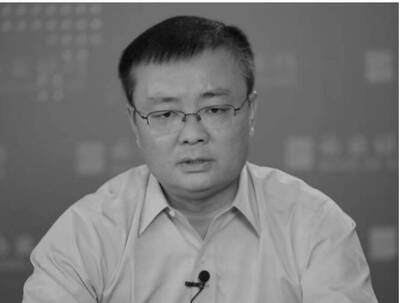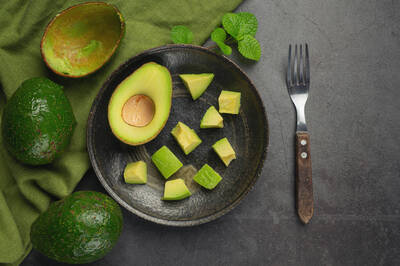《TAIPEI TIMES》 Taipei slams China’s changes to tariffs

New bicycle models are displayed at the Taipei Cycle trade expo at Taipei Nangang Exhibition Center on March 6. Photo: CNA
ECFA MANIPULATIONS: The MAC urged China to cease its ‘economic pressure’ and ‘resolve disputes through constructive dialogue without political preconditions’
/ Staff writer, with CNA
The government yesterday criticized China for unilaterally announcing a plan to expand its suspension of preferential tariff rates for Taiwanese imports that had been part of a bilateral trade deal, effective from June 15.
Taiwan “strongly protested and expressed its dissatisfaction with” Beijing’s decision to further suspend tariff concessions on 134 Taiwanese products under the Economic Cooperation Framework Agreement (ECFA), Mainland Affairs Council (MAC) Minister Chiu Chui-cheng (邱垂正) said at the legislature in Taipei.
Beijing’s move is “unilateral” and not in line with WTO regulations, Chiu said, adding that it was a “political maneuver” aimed at “exerting pressure on Taiwan.”
The announcement by the Chinese Ministry of Finance earlier yesterday would affect 134 items, including base oils for lubricants, racing bicycles and textile products manufactured in Taiwan.
It came less than two weeks after President William Lai (賴清德) of the Democratic Progressive Party took office on Monday last week.
Beijing also launched two days of military exercises around Taiwan and its outlying islands last week.
China previously took aim at preferential tariffs under the ECFA in December last year, when it said it would terminate favorable import duties on 12 Taiwanese products, including propylene, paraxylene and other petrochemicals, starting this year.
At that time, China said the measures were a response to Taiwan’s ban on the imports of Chinese goods, which it described as a “trade barrier.”
In a statement yesterday morning, China’s Taiwan Affairs Office spokesman Chen Binhua (陳斌華) attributed Beijing’s latest move to Taipei’s refusal to adhere to the so-called “1992 consensus.”
Lai’s administration has “refused to acknowledge the 1992 consensus, blatantly spread fallacies to promote Taiwanese independence and separatism, and incited division and economic decoupling across the Taiwan Strait,” Chen said, without elaborating.
These actions had “severely undermined the foundation for cross-strait negotiations and the ECFA’s implementation,” leaving Beijing with no choice but to further suspend tariff concessions, Chen said.
The “1992 consensus” — a term that former MAC chairman Su Chi (蘇起) in 2006 admitted making up in 2000 — refers to a tacit understanding between the Chinese Nationalist Party (KMT) and the Chinese Communist Party that both sides of the Taiwan Strait acknowledge that there is “one China,” with each side having its own interpretation of what “China” means.
In addition, Chen said the planned suspension was also prompted by Taiwan’s ongoing ban on the imports of more than 2,500 Chinese goods.
Taiwan’s “discriminatory trade restrictions” on Chinese products have contravened the ECFA’s provisions mandating both sides “gradually reduce or eliminate tariffs and non-tariff barriers on the majority of goods,” he said.
In a statement issued later yesterday, the MAC called on China to cease its “economic pressure” and “resolve disputes through constructive dialogue [with Taiwan] without imposing political preconditions.”
Presidential Office spokesman Lii Wen (李問) said that China’s actions were classic economic coercion that fail to nurture the healthy development of the cross-strait economy.
The Ministry of Economic Affairs said the value of the exports targeted by the tariffs was US$9.8 billion last year, comprising 2 percent of all Taiwanese exports.
The change would have a limited impact, and measures are in place to help industries distribute their goods to other markets, the ministry said.
China’s reactions were “expected,” said Chang Wu-yue (張五岳), a professor at Tamkang University’s Institute of Mainland China Studies.
Beijing was sure to react in some form to Lai’s inaugural speech, but it would not outright cancel the ECFA or decouple economic ties, Chang said.
Beijing’s core strategy is to gradually integrate both sides, and the preferential tariff suspension is more a way of expressing its unhappiness with Lai’s inaugural speech, he added.
新聞來源:TAIPEI TIMES



















